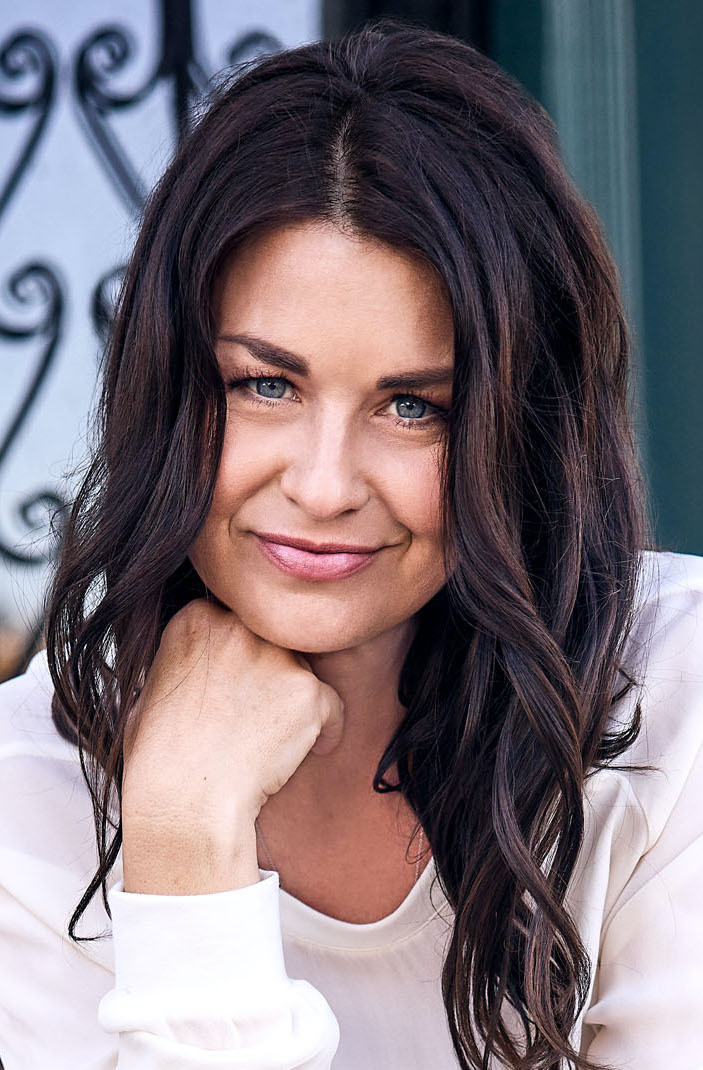
Dr. Success Challenge: It is Valentine’s Day. Find someone you value and spend time with them, enjoy them and take care of them.
“Life is difficult.” Three little words that literally and figuratively rocked my world. They are the first three words in M. Scott Peck’s now classic book, The Road Less Traveled. In themselves, they could not be simpler to spell or understand, yet together they declared for me a fact of life I had never considered. Up until the time I read those words strung together in one sentence, I had lived under the illusion that life was suppose to be happy and I thought happy meant easy. Thirty years since first reading Peck’s words I still find myself wondering where I had gotten that concept and why did I seem to have it so wrong.
M. Scott Peck explored that question and made specific suggestions in his first book and a host of subsequent books on related topics which were published in the succeeding decades. As a psychiatrist he was paving new ground by evolving the question of how to be happy to not only include, but focus on, the need to develop an understanding of the human spirit. His book debuted as the “me” generation was busy fighting the sexual revolution. It was as though he intended to use a form of literary shock therapy to get our attention. Just when we began to believe it was safe to come out of the closet and replace our Puritan ethic with one of “if it feels good, do it,” Peck came along with his pronouncement that not only was life difficult, but mental and spiritual growth was a complex, arduous and lifelong task. I don’t know about you but that was not the message I wanted to hear then or now.
Taking on complex, arduous and lifelong tasks was not high on my list of things to do in my late twenties when I read his book. The one ray of hope Peck offered was to postulate that with self directed discipline you could successfully traverse all of life’s problems. He viewed the development of the skill to delay gratification in our lives, learning to totally accept responsibility for things that happen in our lives, being dedicated to seeking the truth about our lives, and learning to balance our lives, as the simple tools necessary to avoid suffering while traveling through our life journey. Calling the development of these four skills simple took the greatness of his experience, because just reading them confused me. What did hook me, however, was his concluding thought. These four disciplines were simple and developing the will to use them was limited only by our ability to develop the will and willingness to create, experience and share love.
Love. Now that I believed I could understand. Yet, there are times when the simplicity of a concept requires an explanation to be understood. Peck substantiated his thesis that with and through love we can develop the will to be disciplined enough to avoid prolonged suffering in life by noting, “When we love something it is of value to us, and when something is of value to us we spend time with it, time enjoying it and time taking care of it.”(p.22)



